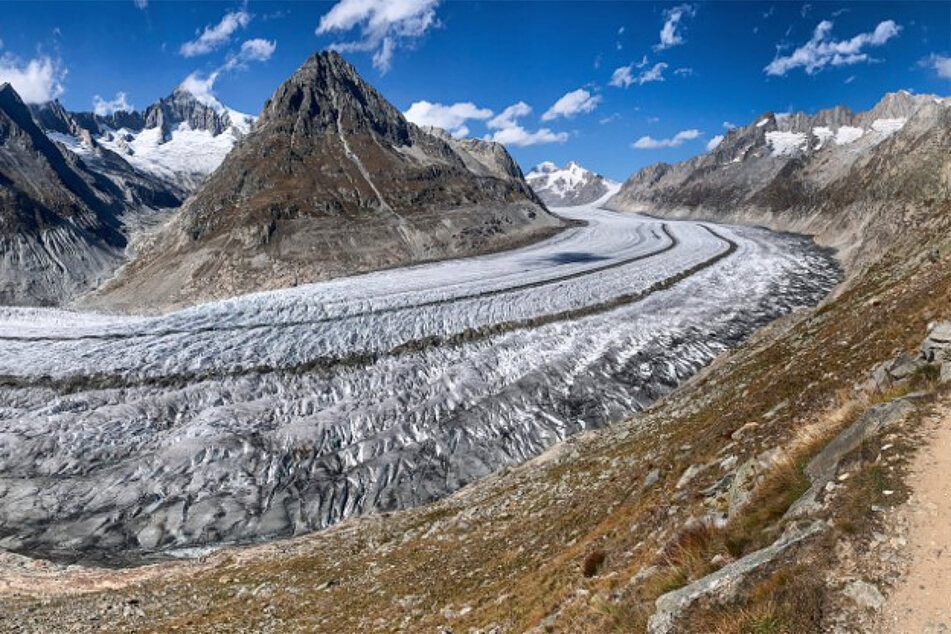Impact of climate change on European Alps can be seen from space
Basel, Switzerland - Snow in the European Alps is receding fast and being replaced by vegetation in another impact of climate change that can be seen from space, according to new research.

Researchers from the University of Lausanne and the University of Basel used satellite data to compile what they say is the most comprehensive analysis of the changes in plant life in the Alps, in research published in Science magazine on Thursday.
The research team, led by Professor Dr. Sabine Rumpf from the University of Basel, used satellite data to show that the vegetation above the tree line has increased in nearly 80% of the Alps over the past four decades due to climate change. Snow cover is also decreasing.
"The scale of the change has turned out to be absolutely massive in the Alps," Prof. Dr. Rumpf said.
Melting alps
"Alpine plants are adapted to harsh conditions, but they're not very competitive," the professor said, adding that specialized species lose their advantage as environmental conditions change. "The unique biodiversity of the Alps is therefore under considerable pressure."
The team also analyzed the extent of snow cover above the tree line in regions above 5,500 feet - excluding glaciers and forests - and found that snow cover had decreased "significantly" in nearly 10% of the area since 1984 in what they describe as a worrying trend.
"Previous analyses of satellite data hadn't identified any such trend," said the University of Lausanne's Prof. Dr. Antoine Guisan.
"For years, local ground-based measurements have shown a decrease in snow depth at low elevations," said Prof. Dr. Grégoire Mariéthoz, also from the University of Lausanne. "This decrease has already caused some areas to become largely snow-free."
Cover photo: Fabrice COFFRINI / AFP